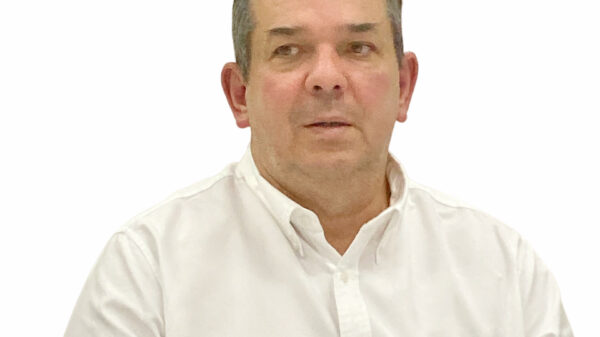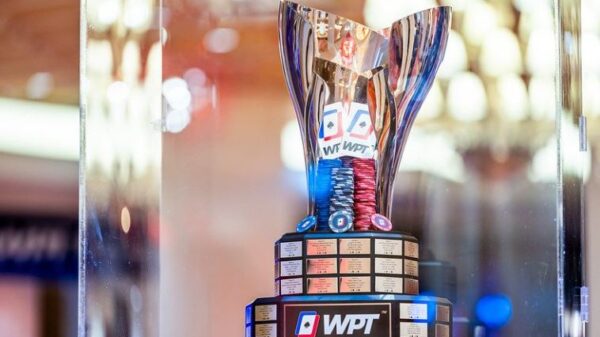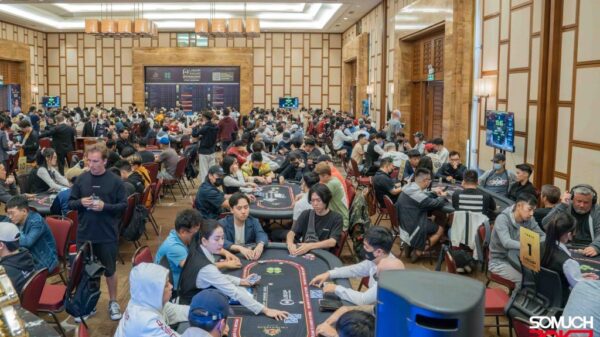As the demand for electric vehicles continues to rise in the Philippines, the need for reliable and accessible charging solutions has become increasingly important. This is where Charge Cube comes in, a new company that is providing innovative and reliable EV charging solutions in the Philippines.
According to Engineer Irish Idio, the firm’s general manager, Charge Cube was established in 2021, right smack in the middle of the pandemic.
In one year, they were able to put together all the connections and know-how they needed to put up a booth at the Manila International Auto Show in 2022, officially launching the company.
Although Charge Cube is new, its mother company, Cubesystem Builders Corporation, has been around since 2017.
The main company is helmed by Architect Rowland Agullana, whose previous architectural work in Singapore during the earlier part of the last decade, exposed him to more progressive green solutions for buildings.
His company now provides ecological solutions to its clients in the form of composite timber decking, green walls, green roofs, permeable pavers and moss. Their green wall solution can be seen on the facade of the new Podium Mall in Pasig.
Charge Cube then is the next logical step to this principle.
Their primary product is the ELVI EVBox, a smart, network-connected AC wall charger that can be configured from 3.7kW to 22kW of charging, making it a versatile option for both personal and commercial use.
The company’s mission is to make EV charging as convenient and accessible as possible for consumers in the Philippines.
In terms of customers, Charge Cube has gained the trust of major businesses in the Philippines, including Robinsons Galleria, Robinsons Magnolia and Robinsons Tagaytay, which are all currently using the ELVI EVBox for their EV charging needs.

Photograph Courtesy of Charge Cube | The charging station at Robinson’s Galleria is a proud product of the Charge Cube team.
Charge Cube has also provided the charging solution in the warehouse of Mober, the electric truck fleet transport company used by IKEA Philippines.
One of the key factors that set Charge Cube apart from other providers is its commitment to innovation.
As their team and their collective expertise include architects, civil engineers and electrical engineers, their unique product proposition is being able to engineer solutions using a multi-faceted approach.
For their work on Robinson’s Galleria which involved putting together a charging station space for EVs, Idio recounts the challenge of having to get around working with the older electrical connections and building layout.
But their unique competence got them through those obstacles and they were able to provide a fully built solution within three weeks.
At the time, they were also simultaneously putting up charging stations in the two other Robinsons properties.
Charge Cube has also licensed EVNet, an advanced analytics platform powered by AI that helps monitor all charging stations that run on the Open Charge Point Protocol.
This platform allows Charge Cube to monitor and analyze charging stations remotely, ensuring optimal performance and reliability.
They are constantly exploring new technologies and solutions to improve the EV charging experience for their customers.
For example, they have developed a mobile app that allows users to locate and reserve charging stations, as well as monitor their charging status in real time.
Any OCPP enabled can be added to the EVNet system and can be made visible on the app, regardless of brand or company ownership. This level of convenience is important for EV owners, who need to be able to find and use charging stations easily.
Another innovation of theirs, what they call their own “EV,” is a self-built EV testing kit.
A small box that serves as a diagnostics toolkit with all the electronics needed to check the performance and configuration of all the chargers they install.
Basically this box is seen as an EV by the charging station and provides instant feedback as to the charging status of the charger.
Charge Cube is also committed to working with other EV-charging solution providers to create a network of charging points on the Charge Cube app that will benefit the EV-owning public.
This partnership approach is important for the growth and adoption of EVs in the Philippines, as it helps to create a more robust and comprehensive charging infrastructure.
Despite the company’s success and innovative solutions, there are still challenges facing Charge Cube in the Philippine market.
One of the main challenges is the lack of awareness and understanding of EVs in the Philippines.
Many people still perceive EVs as a novelty and are not familiar with the benefits of driving an electric vehicle. As a result, the market for EVs and EV charging solutions is still relatively small in the Philippines. Charge Cube will need to educate consumers and businesses about the benefits of EVs and how their charging solutions can help drive the transition to cleaner energy.
For this, they have joined as a member of the Electric Vehicle Association of the Philippines, a multi-industry organization that aims to shape the future of the EV industry locally.
The country currently has a limited number of public charging stations, which makes it difficult for EV owners to travel long distances.
Charge Cube will need to work with businesses and local governments to expand the network of charging stations and make EV charging more accessible to the public.
Despite these challenges, the company has significant opportunities in the Philippines.
The country’s rapid awareness of alternative modes of transport has led to a growing demand for cleaner and more sustainable solutions.
The government is also promoting the adoption of EVs through various initiatives and incentives, such as EVIDA, EVIS and EO 12 which provide tax breaks and exemptions on EV industry imports.
These factors create a favorable environment for Charge Cube to establish itself as a leading provider of EV charging solutions in the Philippines.
Charge Cube’s commitment to innovation and exceptional customer service also sets them apart from its competitors. Their partnership approach with other providers is important for the growth and adoption of EVs in the Philippines, as it helps to create a more comprehensive and robust charging infrastructure.
Looking forward, Charge Cube has the potential to become a major player in the EV charging solutions space in the Philippines.
As the demand for EVs and EV charging solutions continues to rise, the company is well-positioned to capitalize on this growth and contribute to the country’s sustainable transportation future. One way they can do this is by expanding their product line to include more powerful charging solutions.
While the ELVI EVBox is a great option for personal and small commercial use, Charge Cube can explore more powerful options that can support heavy-duty electric vehicles like buses and trucks.
Charge Cube can also explore the use of renewable energy sources to power its charging stations.
The Philippines is a country with abundant renewable energy resources, particularly solar and wind power. By incorporating these renewable energy sources into their charging infrastructure, Charge Cube can make EV charging even more sustainable and cost-effective.
As of the moment, they are in talks with a solar energy company to provide a solar-powered EV charging solution.
As an architectural firm, another potential opportunity for Charge Cube is to partner with property developers to integrate EV charging solutions into new buildings and developments. This will help to expand the network of charging stations in the Philippines and make EV charging more convenient and accessible for the public.
Charge Cube is in a great position to help drive the adoption of EVs in the Philippines and contribute to a more sustainable future. It is through the work of these small, pioneer companies, together with committed government action, that the future of electric vehicles in the country will see the light.

















